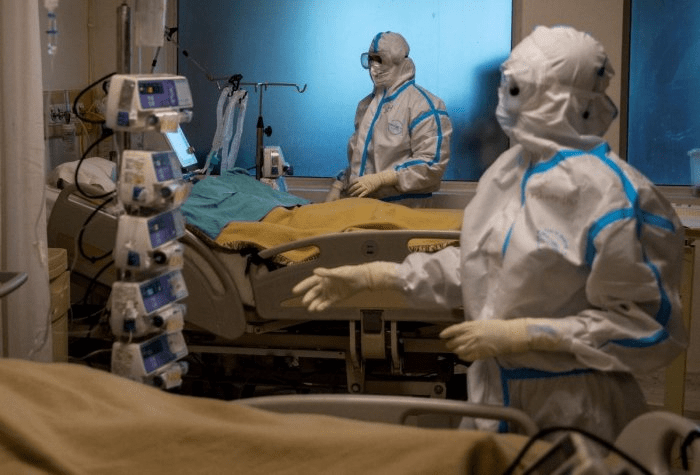An increase in the serious respiratory problems among the people which has elevated their admission requirement in the ICU which has been alarming for the city doctors in Bengaluru.
The hospitals have registered an increase in the respiratory problems 15 to 20 per cent in their occupancy of their ICU facilities by patients. The common respiratory ailments include acute bronchitis, Influenza, Severe Acute Respiratory Infection (SARI), which in the period, has been linked to the Covid-19 infections.
The doctors iterated that the respiratory diseases may not be linked with Covid-19 completely, the increase in ICU admissions have been an indication that the potential Covid-19 suffering patients wait till the last emergency moment to seek the medical assistance.
Dr Sunil Karanth, chairman, Critical Care Medicine, Manipal Hospitals, “There has been a marked increase in the number of people with severe respiratory problems this winter when compared to last year.” The allocated bed count for the SARI is occupied since mid-December. He said, “This was not the case last year.”
Dr K S Satish, president of the Karnataka Pulmonologist Association said the number of people with SARI and Chronic Pulmonary Disease (COPD) have been lesser in comparison to the prior winter.
But, experts suggest that low numbers with elevated increase in ICU utilization has been an alarming thing.
Dr Jagdish Hiremath of Ace Suhas Hospital said, “Most of the SARI cases that we see have a severity which is brought on by delay. There is a fear among people about getting tested. They know that if they come to the hospital with respiratory symptoms, they will be tested for Covid-19, which they don’t want.”
Dr H Paramesh, a paediatric pulmonologist and a professor with the Divecha Center for Climate Change, Indian Institute of Science (IISc) said the count of people with SARI was less earlier, but surged further due to Covid-19. Dr Paramesh said, “Respiratory infections increase during winter because viral activity increases in cooler temperatures. In addition to this, air pollution from traffic, industries and even road construction results in oxidative stress. This damages the wind pipes. The eventual result is increased mucus build-up. If this build-up is not cleared, it results in a viral infection, not just by the SARS-CoV-2 virus, but any of the 150 respiratory viruses known to science.”


